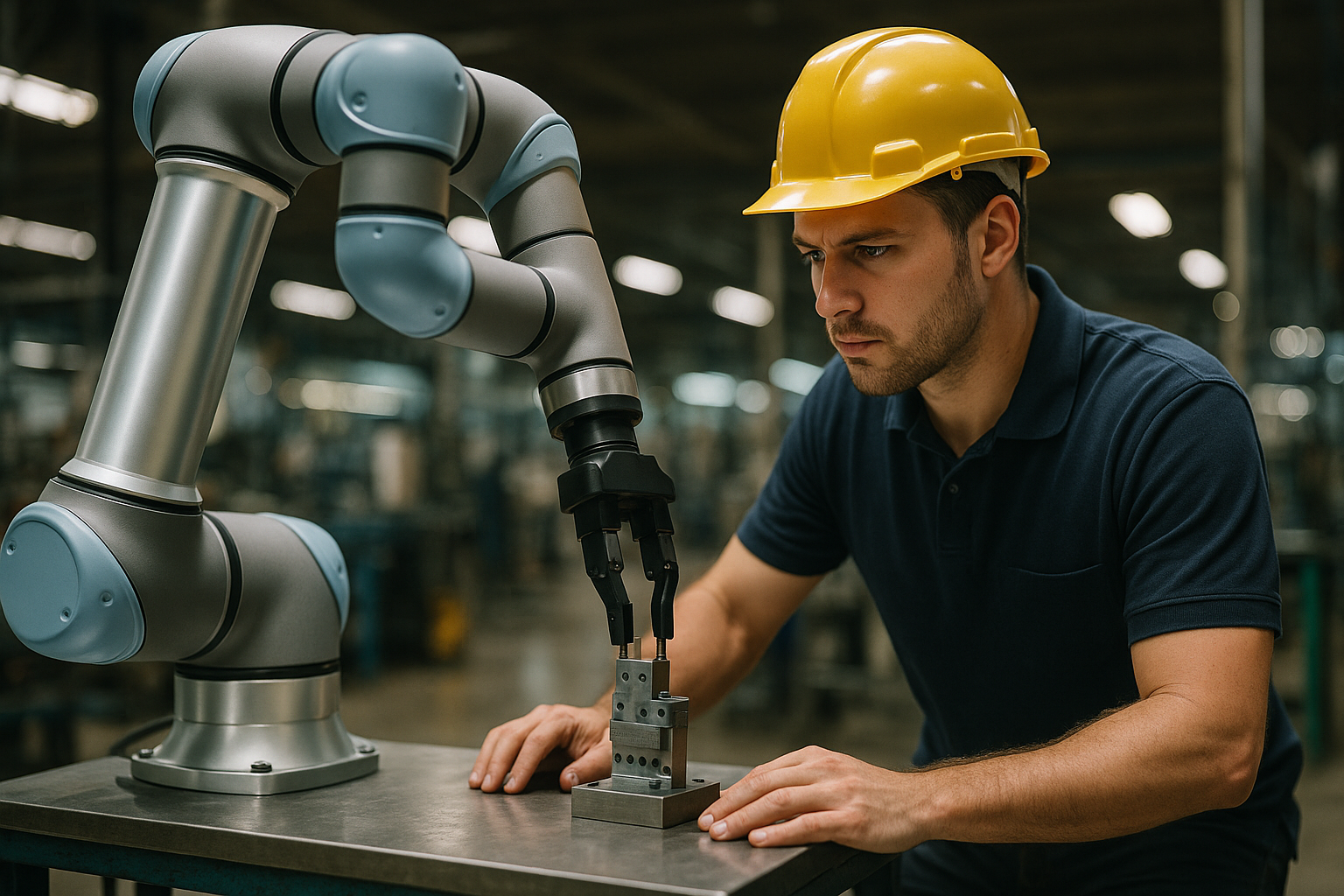Manufacturing Jobs in the Netherlands: Career Paths and Training
The manufacturing sector combines engineering, process control, logistics and quality systems to turn designs into physical products. This article provides general information about manufacturing jobs, pathways for advancement, and the types of training and education commonly valued. It does not list or imply specific active job openings; it is intended as general career guidance rather than a job board.

What does modern manufacturing involve?
Modern manufacturing covers a wide range of activities from product design and prototyping to full-scale production, assembly, testing and distribution. Technological trends such as automation, robotics, additive manufacturing and digital twins influence daily work. Roles may focus on machine operation, maintenance, process optimization, quality assurance or production planning. Manufacturing workplaces vary from small workshops to large factories and tend to emphasize safety systems, standard operating procedures and continuous improvement methodologies.
Manufacturing also interacts with supply chains, procurement, and customer specifications, so many roles require coordination across departments. Workers may need to read technical drawings, perform basic statistical quality control, or support preventive maintenance programs. Soft skills such as problem solving, communication and teamwork are frequently paired with technical competence to keep lines running and reduce downtime.
How can you build a manufacturing career?
A manufacturing career can follow several pathways: technical operator to shift supervisor, technician to maintenance engineer, or technician to specialist roles in automation or quality. Early-stage roles often emphasize on-the-job learning, apprenticeships and practical certification. Over time, workers who add skills in PLC programming, CAD, data analysis or project management can move into higher-responsibility positions.
Career progression commonly involves combining work experience with targeted courses or certifications. Mentorship and cross-training between departments can accelerate development. For mid-career professionals, demonstrating improvements in production efficiency, cost reduction, or product quality helps when seeking supervisory or specialist positions. Networking with local services for career counseling and industry groups can provide insight into recognized credentials and employer expectations.
What is the manufacturing sector like in the Netherlands?
The manufacturing landscape in the Netherlands includes high-value industries such as electronics, machinery, chemicals, food processing and medical technology. The country is known for integrating logistics and innovation into manufacturing operations, with an emphasis on export-oriented production and research collaboration. Work environments range from automated facilities to labs for research and development.
Regional differences matter: some provinces have clusters of specific industries, while urban centers host more advanced manufacturing and R&D. Language skills, understanding of EU regulations and familiarity with sustainability standards can be advantageous. This overview is informational and not an indication of current hiring or vacancies; it aims to describe sector characteristics rather than individual openings.
What training is valued in manufacturing?
Employers frequently value practical, hands-on training that demonstrates competence in relevant systems and tools. Vocational training programs, apprenticeships and short courses in areas such as mechatronics, welding, CNC operation, electrical systems and robotics are common routes. Training focused on safety (e.g., working at height, hazardous materials), quality management (ISO standards) and lean manufacturing principles is often requested.
Many training programs are offered by vocational schools, community colleges and private providers; local services can help identify accredited providers in your area. On-the-job training and company-specific certifications—especially for proprietary equipment—also carry weight. Continuous learning through workshops, online modules and industry seminars helps workers keep skills current as technology evolves.
Which education paths support manufacturing roles?
Several educational pathways lead into manufacturing: vocational secondary education (VMBO/MBO in the Dutch system), technical diplomas, associate degrees and bachelor’s degrees in engineering or technology fields. For technicians and operators, a vocational diploma combined with apprenticeship experience often suffices. For roles in design, process engineering or management, higher technical education (HBO/university-level) is commonly required.
Complementary courses in project management, information technology, data analytics and occupational health and safety can broaden prospects. Many institutions offer modular or part-time programs to accommodate working students. When choosing an education path, consider how the curriculum aligns with industry standards and whether partnerships with employers or internships are available to gain practical experience.
Conclusion
Manufacturing jobs encompass a variety of roles that combine hands-on skills, technical knowledge and cross-functional coordination. Building a career typically involves a mix of vocational education, practical training, and workplace experience, with opportunities to specialize in areas like automation, maintenance or quality. This article provides general guidance about careers, training and education relevant to manufacturing in the Netherlands and should not be interpreted as a list of active employment opportunities.






